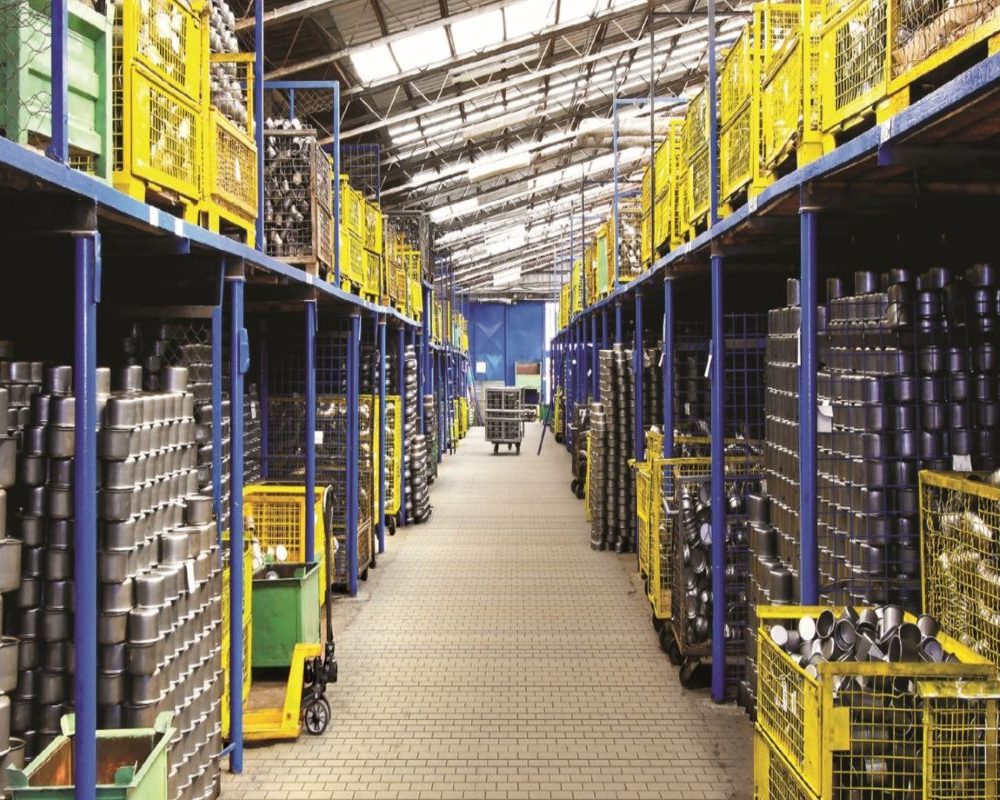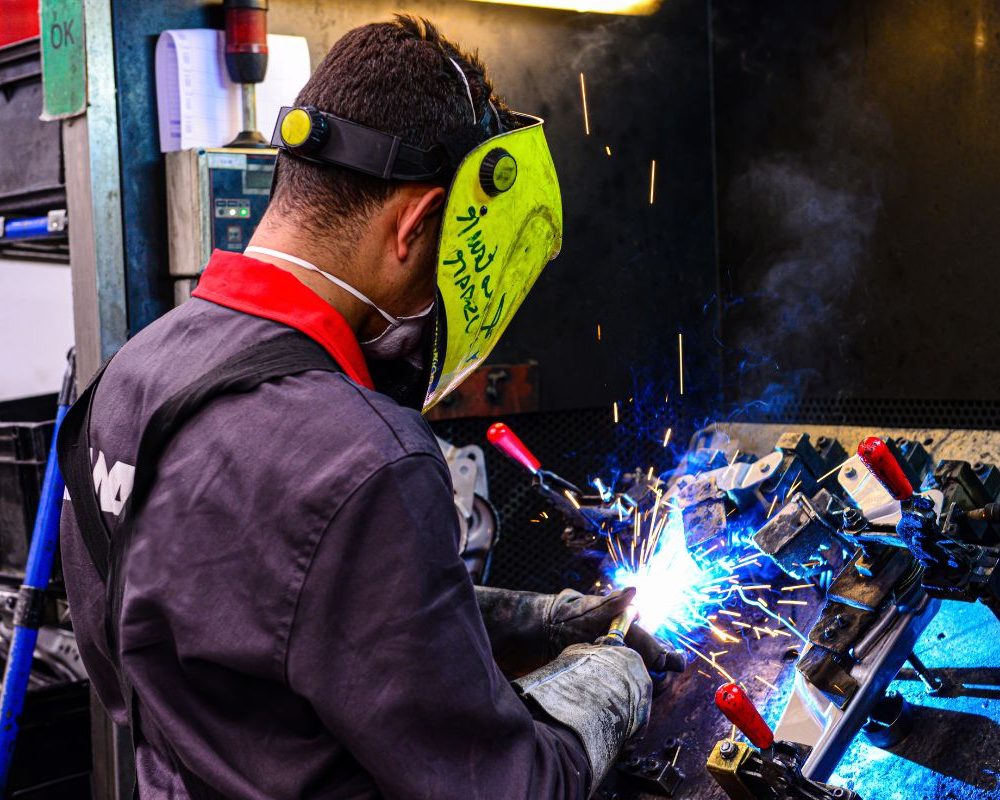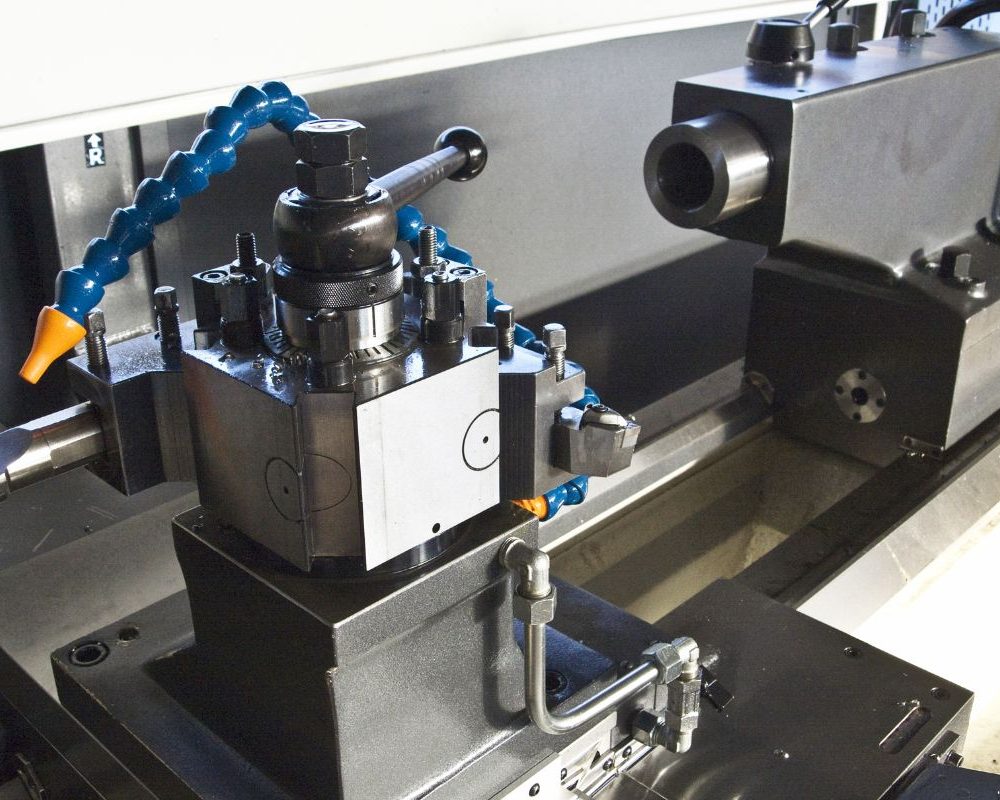Buying An Industrial Business



Matching Process
We then offer a matching process and guidance to ensure a simple and smooth process from opportunity consideration to settlement.
As we value confidentiality, we do not list businesses for sale on our website, or handover sensitive documents for several businesses for sale.


Starting Point In Buying A Business
The starting point in buying a business is to register the type of business you are seeking with Industrial Business Brokers. We simply ask you to have a short discussion with us so we can get to know your needs.
We also can add you to our quarterly email alert list. Should a business come to the market matching your requirements, we will contact you.
The 8 Stages of Buying an Industrial Business
So, we notify you of a business for sale that matches your requirements – what next?
We have listed eight stages in buying a business that is right for you.
(1) Finding the Right Opportunity for You
Finding the right opportunity is not only an online search for a profitable industrial business. You might consider factors such as your history of managing people, engaging in sales, dealing with customers, the skills required to step in and help staff, and more.
Once you browse online for a potential industrial business to buy, you might try applying for casual work or even ask another non-competing business owner for a free trial to see if you can handle the workload and tasks.
Review the documentation about the business and discuss the steps with those who will support you in your purchase, including your spouse, investor, and advisers.


(2) Ability to Purchase and Manage the Business for Sale
The business broker will need to talk to you further about your level of interest, ability to fund the purchase, and suitability to take over ownership of the business.
Say you own a home valued at a million dollars. This does not mean you can borrow a million dollars for a business loan. Minus the equity, you then have a value the bank might portion out as a loan amount to you.
Some industrial businesses require special skills such as chemical engineering, or the new owner might need experience in selling as part of their new role.
(3) Buying an Industrial Business with Confidentiality
Selling an industrial business with confidentiality involves “telling as many people as possible without telling anyone”. The last thing a vendor wants is for staff, suppliers, customers, or other stakeholders to find out about the business sale before the sale is finalised.
A confidentiality agreement, or non-disclosure agreement, must be completed and signed before the provision of any specific information.
From then onward, any information provided will require the express permission of the vendor or agent before sharing or using it.
However, there is an exception for your professional advisers if in relation to the purchase of the business e.g. accountant or solicitor.
Ultimately, this process will benefit the purchaser as it will help ensure a limited pool of people has reviewed the contents of the business
(4) Business Profile and Business Inspection
The business profile, or information memorandum, summarises the business for sale. It gives insight into the operations of the industrial business, such as sales history, marketing, premises, supplies, equipment, staffing, vendor role, and so on.
There should be enough information for a prospective buyer to see if this opportunity is suitable to take further. If it is, you might talk to professional advisers to help determine if you should proceed to the next step, an inspection of the business.
Arrange a business inspection through the business broker. Meetings typically take place outside trading hours with the owner. There is a tour of the premises and a meeting to get to know each other and discuss the business further.


(5) How to Make an Offer for Buying
Making an offer to buy a business in Melbourne, Victoria differs from state practices and laws.
One starting point is usually a Heads of Agreement or Letter of Offer. It might set out the terms of the offer for a formal contract of business sale. These documents might require the services of your solicitor.
An offer is not simply a purchase price. It can include a deposit, be subject to finance, need lease approval, a handover period, and so on.
Vendor finance rarely occurs in business sale transactions. It can be seen as the prospective buyer simply not affording the business sale.
The vendor will consider your offer and then accept it, reject it, or make a counter-offer.
(6) Agreed Sale to Contract of Sale
When the vendor accepts a prospective buyer’s offer, the business is under “Agreed Sale” and off-market to other enquirers.
The process will go through several stages involving numerous parties and professional advisers, including:
- Receipt of a deposit into the broker’s estate agency trust account,
- due diligence requirements with accountants,
- lease approval by a landlord, and
- finance approval by banks
Your solicitors will draft contracts for negotiated amendments by the purchaser’s solicitor and more.
An industrial business broker will assist wherever they can to help ensure the deal stays on track if that remains the vendor’s continued goal.
After the contract is signed and exchanged, parties will prepare for a stock take, settlement, change of ownership, and handover.
(7) Buying an Industrial Business and Reaching Settlement
The purchaser will normally buy a business with goodwill and assets (e.g. equipment and stock-at-value), but not the company.
This means that at settlement all remaining receivables and payables will be the responsibility of the vendor. So will assets and liabilities not included in the sale of the business.
The purchaser will require working capital to fund the business until new accounts receivable can cover accounts payable.
Change of ownership is the responsibility of the parties and their professional advisers to arrange. For example:
- the transfer of title for assets and accounts
- adjusting for staff entitlements,
- taking over utility accounts,
- roadworthy certificates to transfer the title of motor vehicles,
- meeting suppliers and customers,
- providing new invoicing details
- transferring ownership of a registered business name, and more.
(8) Handover
Handover is a period the vendor will spend with the new business owner without payment and as part of the business sale. It is a part of the negotiated terms of the contract of business sale.
The new business owner may simply need WIWO (walk in walk out), a fortnight, or longer, as negotiated as needed.
It can also be negotiated if the owner then remains in the business in a paid capacity. This might be as a consultant, under a retainer for maintaining a position for continuity in the business, or direct employment.

Getting Started on the Business Buying Process
Contact us for a confidential discussion or feel free to make an appointment for a general discussion.
We will add you to our email alerts and keep you on file and alert you when an industrial business matches your requirements.
We look forward to hearing from you.
